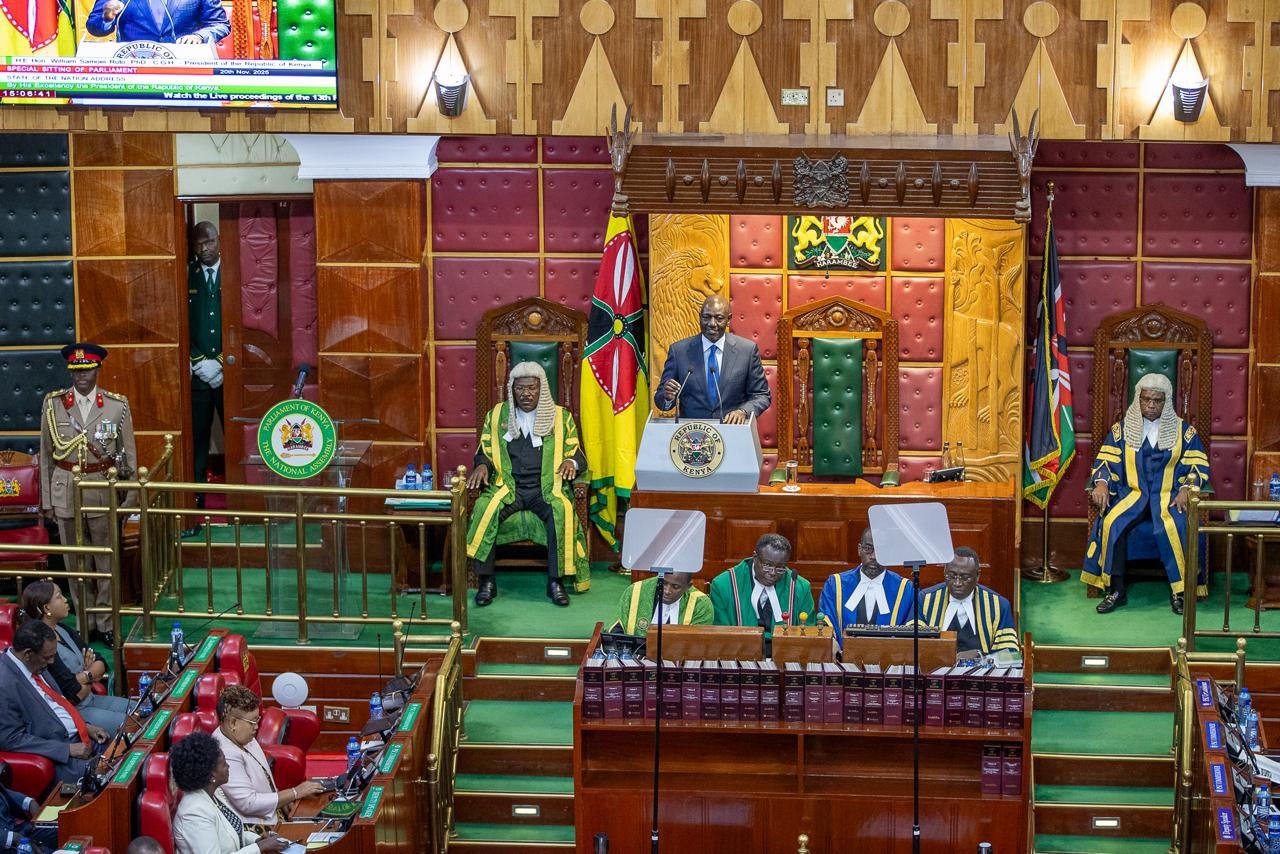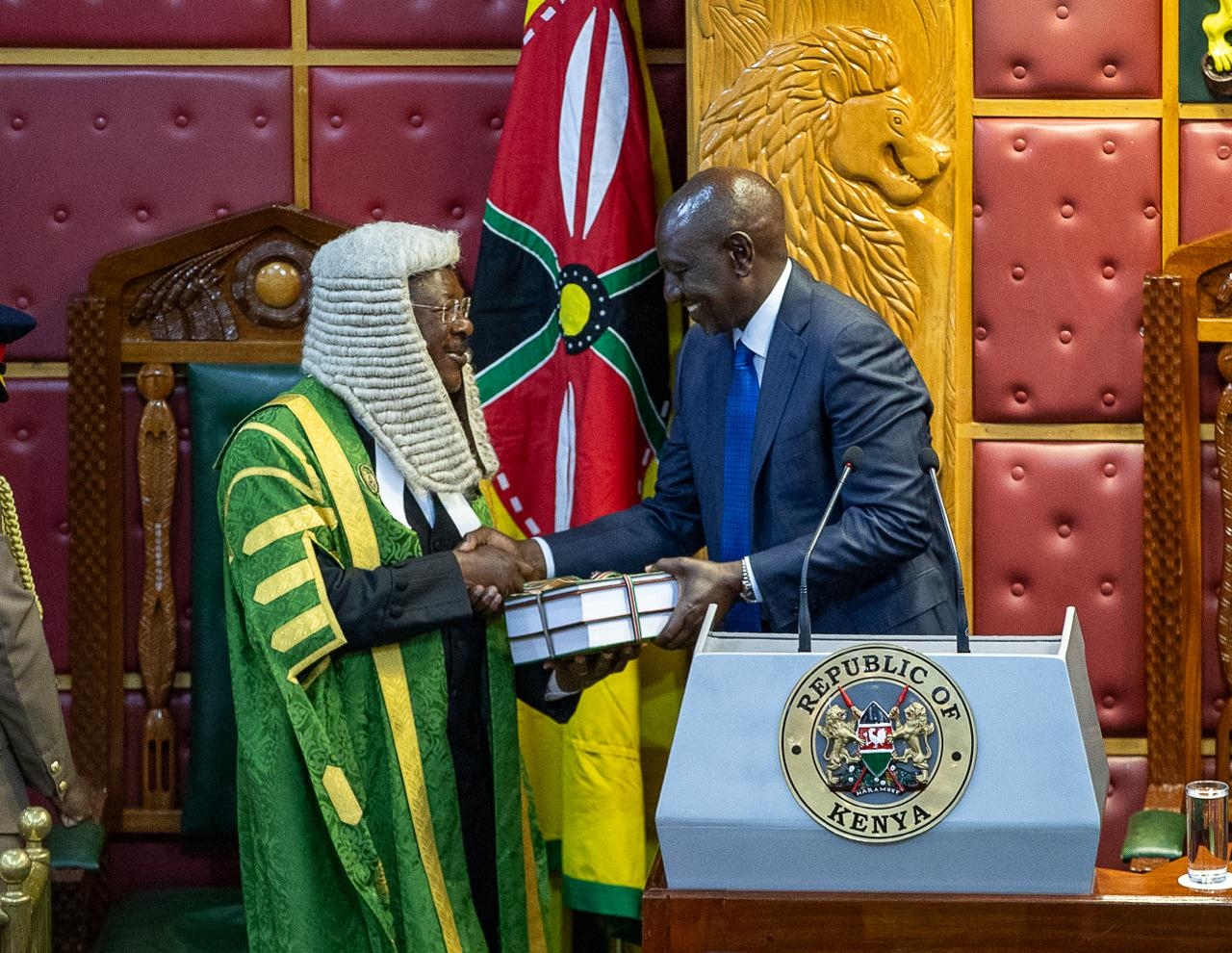Women are more at risk of becoming obese today than men in low and middle-income countries and are more likely to develop hypertension, studies show.
Medical practitioners in Mombasa say this is because women in these countries are mostly housewives and do lighter jobs, or are independent women who eat what they want.
Dr Andrea Awili told the Star these and other factors could be the reason why more women are signing up for the second Bonje Edition of the Mombasa Walk Movement next weekend.
“Women want to burn fats in a fun kind of way, unlike men who can suffer to do physical activities,” he said..
“Also women know they can easily gain weight even if they do not want to.”
Awili said women are the ‘owners of the kitchen’ and so they determine their menu.
“Today’s woman is also independent, thus mostly decides what to eat or not,” he said.
“They are also mostly housewives and do lighter duties thus do not burn the fats and the carbohydrates that they take and the end result is more weight.”
The walk, inspired by former military officer Maj (rtd) Idris Abdirahman, will be on February 10, four days to Valentine’s Day.
It involves walking the 19km distance from Jumeirah in Nyali subcounty to Bonje in Jomvu subcounty.
Each woman completing the trek will be given a rose flower and a chocolate.
Already, some 1,000 people have registered for the walk and 649 (64.9 per cent) of them are women.
People aged between 41 and 50 years take the lead in registration at 214, while those over 61 years are the least at 12.
Mombasa Walk Movement communications director Diana Wambui said it is encouraging to see more women sign up to walk.
It signals the realisation of the importance of walking as a healthy way of living, she said.
“Walking is the simplest and cheapest way of exercising. It requires you to just decide and do it without consideration of many factors as opposed to going to the gym or swimming,” Wambui said.
Awili said walking improves cardiac activity, making the pumping of blood in the body better.
It generally improves functioning of the cardiac system, thereby minimising the risk of cardiac diseases.
“Walking also improves physical fitness and reduces or maintains weights to a level that the muscular system can contain,” Awili said.
“It helps counter the sedentary lifestyle that leads to obesity.”
Awili said another factor that makes women vulnerable is pregnancy.
“When they get pregnant, their bodies tend to accumulate more fats, proteins and carbohydrates and then add weight. So walking helps them,” he said.
He said during breastfeeding, women tend to eat a lot to compensate for or produce more milk, which results in weight gain.
“Women suffer more mental illnesses in family units. Mental illnesses may lead to weight gain due to stress eating or weight loss due to too many thoughts and lack of activity in some,” Awili said.
Walking, he said, also reduces stress and helps in anxiety and depression treatment.
















![[PHOTOS] Betty Bayo laid to rest in Kiambu](/_next/image?url=https%3A%2F%2Fcdn.radioafrica.digital%2Fimage%2F2025%2F11%2F3b166e2e-d964-4503-8096-6b954dee1bd0.jpg&w=3840&q=100)
